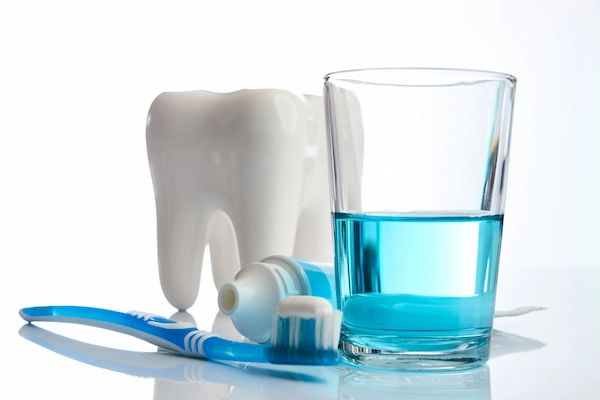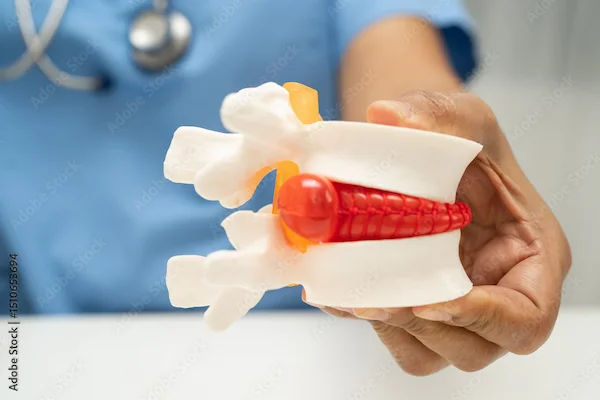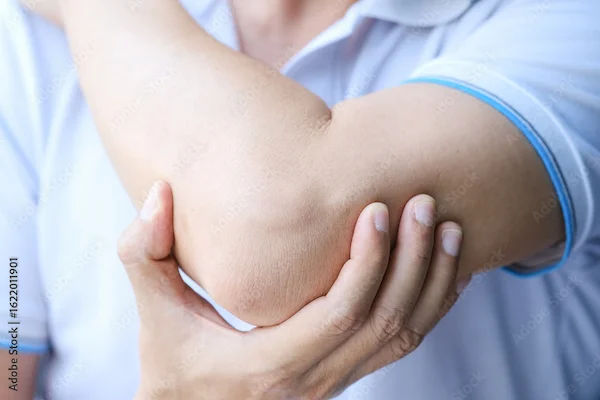Common Reasons for Body Itching
Discover the most common reasons for body itching, from dry skin and allergies to infections and chronic conditions. Learn when to seek help and how to relieve symptoms.


Itching, also known as pruritus, is a common and often frustrating sensation that makes you want to scratch your skin. While occasional itching is normal, persistent or severe itching can be a sign of an underlying issue. In this article, we’ll explore the common reasons for body itching, how to identify them, and what you can do to find relief.
Why Does Itching Happen?
Itching can be caused by various factors, ranging from dry skin to more serious medical conditions. Some common reasons include:
1. Dry Skin (Xerosis)
One of the most frequent causes of itching is dry skin, especially in cold weather or low-humidity environments.
Symptoms: Flaky, rough, or cracked skin, often worse in winter.
Relief Tips:
Use fragrance-free moisturizers regularly.
Avoid long, hot showers—opt for lukewarm water.
Use a humidifier at home.
2. Allergic Reactions
Your skin may itch due to an allergic reaction to certain substances like:
Soaps, detergents, or skincare products
Fabrics (wool, synthetic materials)
Food allergies (nuts, shellfish, dairy, etc.)
Insect bites or stings
Symptoms: Redness, hives, swelling, or rash.
Relief Tips:
Identify and avoid triggers.
Use hypoallergenic products.
Take antihistamines (after consulting a doctor).
Consult Top Specialists
3. Skin Conditions
Several skin disorders can cause persistent itching, such as:
a) Eczema (Atopic Dermatitis)
Symptoms: Dry, red, itchy patches, often in elbow creases or behind knees.
Relief Tips:
Apply medicated creams as prescribed.
Keep skin moisturised.
b) Psoriasis
Symptoms: Thick, scaly patches, usually on elbows, knees, or scalp.
Relief Tips:
Use prescribed topical treatments.
Avoid scratching to prevent flare-ups.
c) Fungal Infections (Ringworm, Athlete’s Foot)
Symptoms: Red, circular rashes, peeling skin, or itching in moist areas.
Relief Tips:
Keep the affected area clean and dry.
Use antifungal creams.
d) 4. Internal Health Issues
Sometimes, itching is a sign of an underlying medical condition, such as:
Liver or kidney disease (bile buildup or toxins in the blood can cause itching).
Diabetes (high blood sugar can lead to dry, itchy skin).
Thyroid disorders (hypothyroidism can cause dry skin and itching).
Iron deficiency anemia (lack of iron can lead to itchy skin).
Symptoms: Widespread itching without a rash, often worse at night.
Relief Tips:
Consult a doctor for proper diagnosis and treatment.
e) 5. Stress and Anxiety
Psychological factors can worsen itching or even trigger it.
Symptoms: Itching worsens during stress, no visible rash.
Relief Tips:
Practice relaxation techniques (meditation, deep breathing).
Stay hydrated and maintain a healthy routine.
f) 6. Medications
Certain drugs (like antibiotics, painkillers, or blood pressure medications) can cause itching as a side effect.
Symptoms: Itching starts after taking a new medication.
Relief Tips:
Inform your doctor—they may adjust your prescription.
When to See a Doctor?
Most itching can be managed at home, but seek medical help if:
Itching lasts more than two weeks.
It’s severe and disrupts sleep or daily life.
You notice yellow skin (jaundice), swelling, or unexplained weight loss.
A rash spreads or becomes painful.
How to Prevent and Manage Itching?
Here are some general tips to keep itching under control:
Moisturize daily: Use fragrance-free lotions.
Avoid scratching: Trim nails and wear gloves at night if needed.
Wear loose, breathable fabrics: Cotton is best.
Stay hydrated: Drink plenty of water.
Use mild soaps: Avoid harsh chemicals.
Manage stress: Yoga and meditation can help.
Need Expert Advice?
If itching persists or you’re unsure about the cause, consult a dermatologist. You can easily book an online consultation or schedule a skin test through Apollo 24|7 for expert guidance.
Conclusion
Itching can be annoying, but understanding the cause helps in finding the right solution. Whether it’s dry skin, allergies, or an underlying condition, simple lifestyle changes and medical advice can bring relief. Don’t ignore persistent itching—your skin’s health matters!
Consult Top Specialists
Consult Top Specialists
Dr. Kavitha Killaparthy
Dermatologist
23 Years • MBBS,DIPLOMA(DERMATOLOGY,VENEREOLOGY,LEPROSY)
Hyderabad
JDS Skin & Hair Clinic, Hyderabad
Dr. Mayuri Jain
Dermatologist
11 Years • MBBS, MD Dermatology , Venereology & Leprosy
Delhi
Dr Mayuri Jain Clinic, Delhi

Dr Ekansh Shekhar
Dermatologist
10 Years • MBBS MD
Lucknow
Apollo Clinic Hazratganj, Lucknow
Dr.j Girishma
Dermatologist
6 Years • MBBS MD DERMATOLOGY
Bengaluru
Apollo Medical Center, Marathahalli, Bengaluru

Dr. Ashwini T
Dermatologist
8 Years • MBBS, MD ( DERMATOLOGY )
Bengaluru
Apollo Clinic, JP nagar, Bengaluru



.webp)
